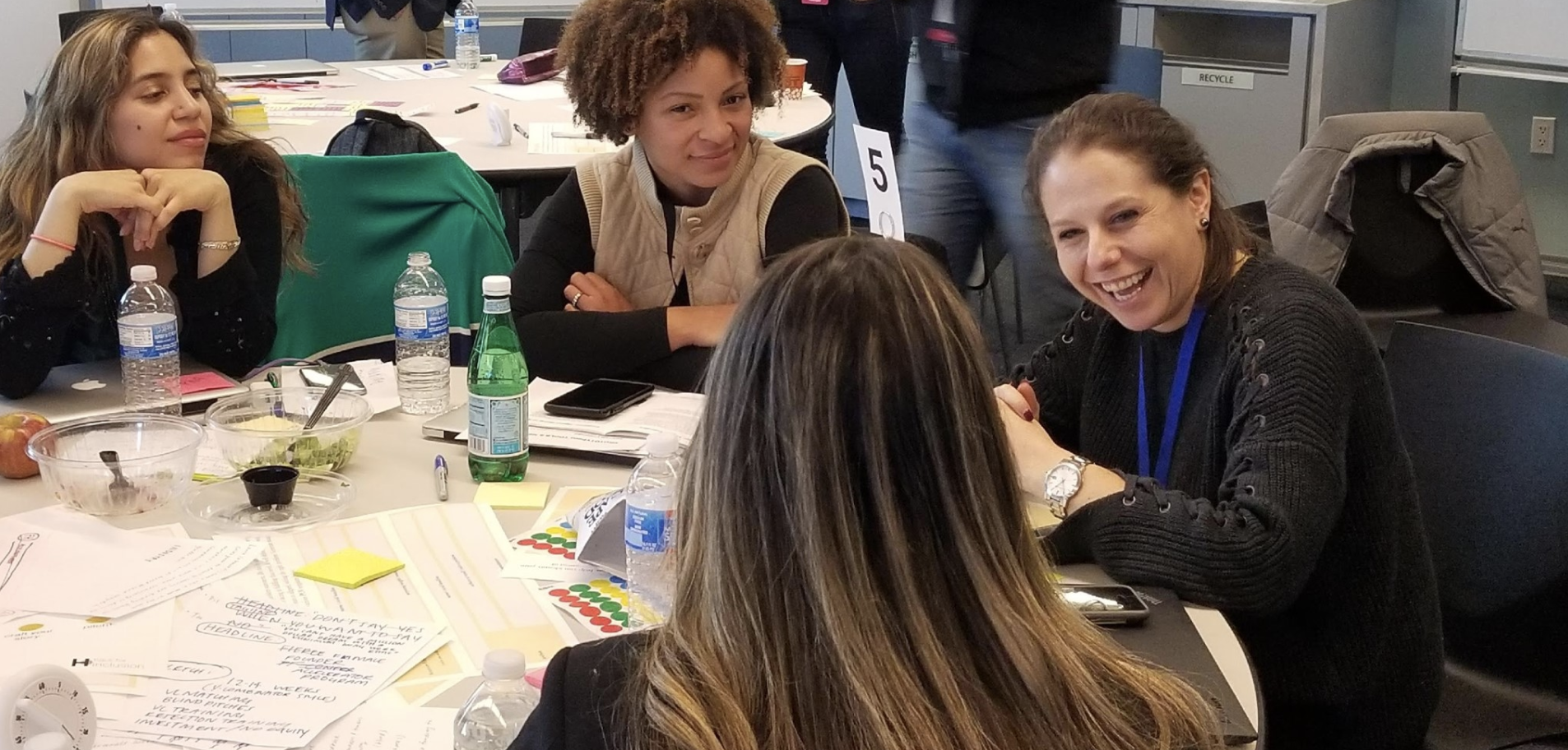Search

Hack for Inclusion
Breaking the Mold and Hacking Discrimination come together to present Hack for Inclusion—a hackathon to combat bias.

Breaking the Mold and Hacking Discrimination come together to present Hack for Inclusion—a hackathon to combat bias.